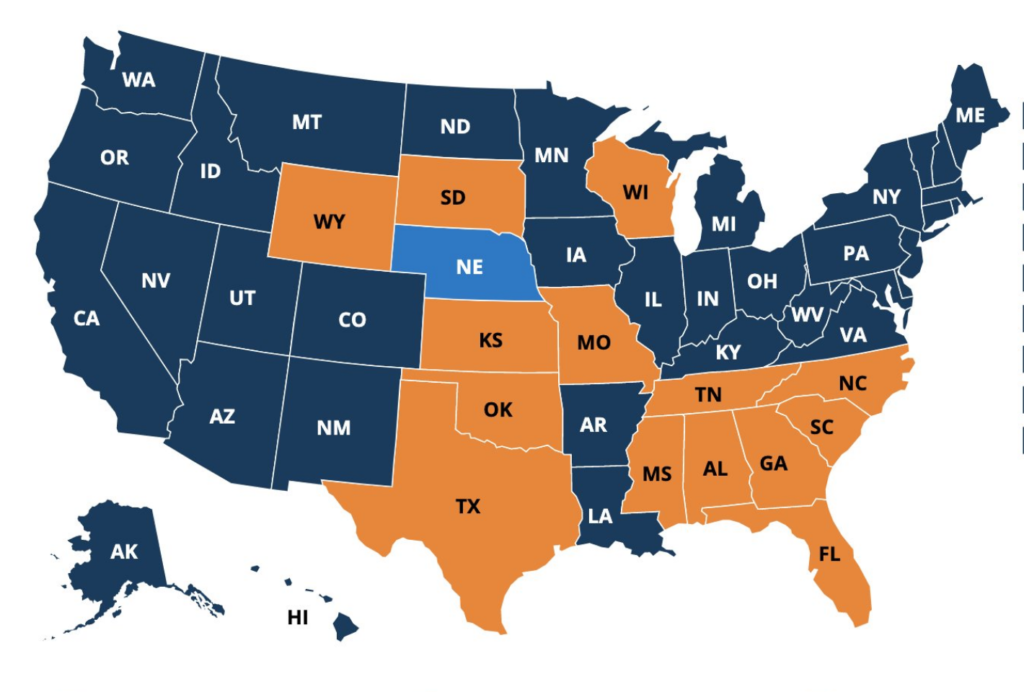
Southern states that expanded Medicaid are finding that it’s been good for their health. A Vanderbilt-led study published in Health Affairs Monday compared the health of 15,000 low-income adults throughout the region.
What researchers from Vanderbilt University School of Medicine and Harvard Medical School found is that people in southern states that expanded Medicaid — like Arkansas, Virginia and Louisiana — are experiencing slower declines in not only physical health but also mental health. The benefits are so notable among a historically vulnerable group that the authors say expansion could substantially boost a state’s overall health ranking.
We address two important Qs:
1. Does the extant safety net provide sufficient access to low-income uninsured?
2. How can we reconcile research demonstrating ambiguous health impacts of Medicaid on the one hand, and considerable effects of Medicaid on survival on the other?
— John Graves (@johngraves9) January 6, 2020
Until now the data on Medicaid expansion has been inconclusive. Some studies have found a drop in premature deaths, but more recent studies have found no measurable benefit. This study leans heavily on the Southern Community Cohort, a a growing database spearheaded by Vanderbilt and Meharry Medical College that allows researchers to follow low-income patients in 12 states.
The lead author of the study, Vanderbilt health policy professor John Graves, says the findings could influence debates in state legislatures still considering expansion.
“Health care policy experts and physicians have suspected this for a while but with our study, we now have the actual evidence showing that non-expanding Southern states could materially improve population health if they accept expansion funds,” Graves says.
Currently, Tennessee’s Republican supermajority is not pushing to revisit the issue after former Governor Bill Haslam’s Medicaid expansion plan failed with limited debate.

